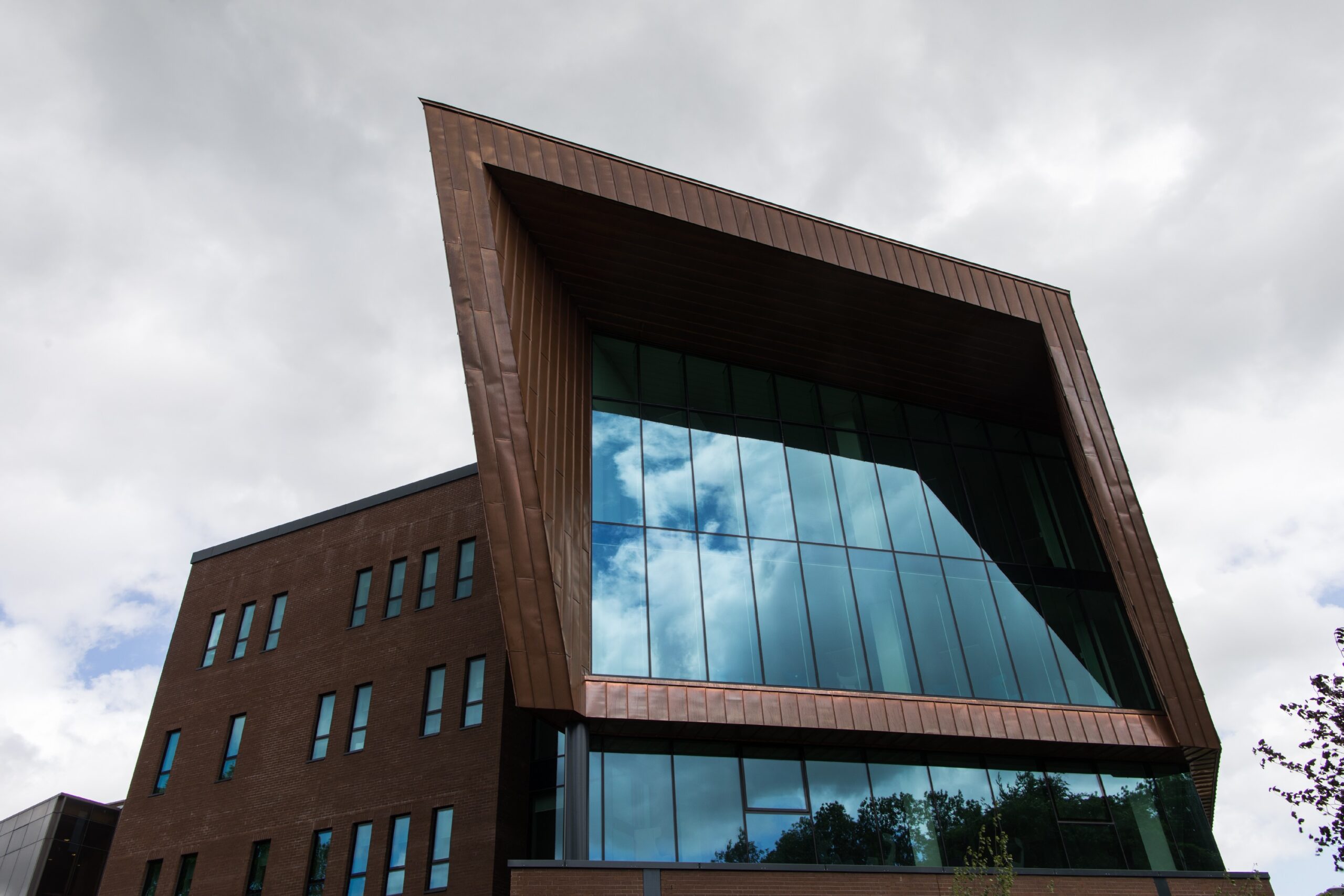

by David Raleigh
A GROUP of local residents has claimed that the University of Limerick’s failure to meet demand for accommodation for its growing student population has contributed to a housing crisis and criminality in off-campus housing estates.
It comes on the back of growing discontent among UL students, some of whom have been forced to pay up to €400 a week to stay in hotels because of the lack of student accommodation.
The residents group, which represents people living in areas where student housing is provided, including College Court, Elm Park, Hazlewood, Milford Grange and Oaklawns, said the current crisis was caused by “years of poor planning by University management”.
This had led to many issues including the rent crisis and commuter problems for incoming students as well as the antisocial and sometimes criminal behaviour of a minority of UL students living in Houses of Multiple Occupancy.
Concerns about drug use, anti-social behaviour and criminal damage to student accommodation came to the fore during the Covid-19 lockdown last March when gardaí responded to a massive street party in the College Court area.
The residents group stated: “UL appears to have a non-existent strategy to house its ever-increasing student intake. The university has approximately 2,500 on-campus accommodation units for its 17,000 plus students.
“It relies almost completely on the nearby residential areas to provide in many cases poorly managed ‘houses of multiple occupancy’ to house their student intake. The result is these houses are not available to families and others seeking accommodation as a long-term home.”
While acknowledging that more public transport would alleviate pressures on students, the residents group argued “it is the university’s years of continued expansion of student numbers without adequate strategic planning for where these young people will live during the academic year that is largely responsible for the current situation”.
In response to the group’s statement, a UL spokesman acknowledged that the University “is aware that there are some students who have been unable to secure accommodation in the locality, with demand at its highest in recent memory”.
He claimed that “this has been exacerbated by a national housing shortage, a pattern of private landlords leaving the student rental market and a drop in ‘digs / homestay’ type accommodation as a result of the Covid pandemic”.
“UL provides the largest percentage of on campus accommodation per student population in Ireland (2,840, which represents 17 per cent of current UL Student population). The next nearest is UCD which supplies on campus accommodation for around 14 per cent of its student population,” they said.
The UL spokesman said the Plassey Campus Centre (PCC), which is a UL company, provides an off campus section on its website where local home owners and landlords unconnected to UL can advertise vacant rooms.
UL funded a local media campaign ahead of the return to campus last month “in an effort to encourage local property owners to consider offering their accommodation”.
The University also organised “a leaflet drop of over 6,000 flyers into households in the residential areas close to UL, to help students who have yet to find accommodation”.
“Discount rates for students have been secured with local hotels and rooms have been provisionally held where possible for UL students”.
“UL staff members have also used their networks of neighbours, friends, and family to encourage those who may have a spare room to consider letting to students. These efforts have been very effective and there are properties or rooms available to rent on the PCC managed off-campus accommodation list.”
They added: “UL continues to work together with government, our partners in Limerick and the wider sector nationally to develop more long-term plans for student accommodation in Limerick.”
Last Spring, UL funded garda patrols in local off-campus housing estates following alleged breaches of public health guidelines and the public order act.
It is currently funding additional garda patrols after “recognising the need to keep the community safe”.










